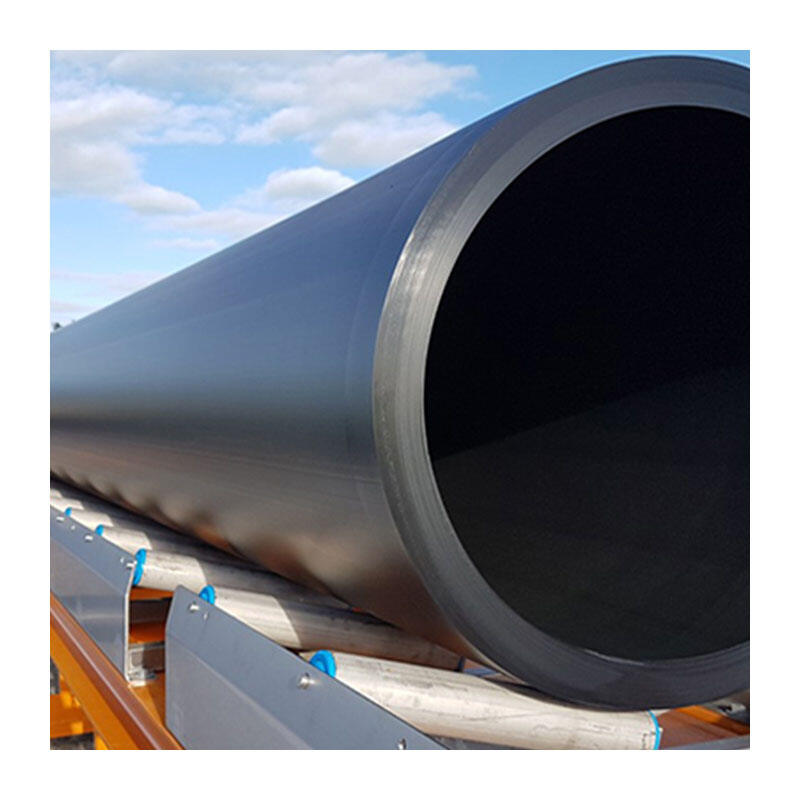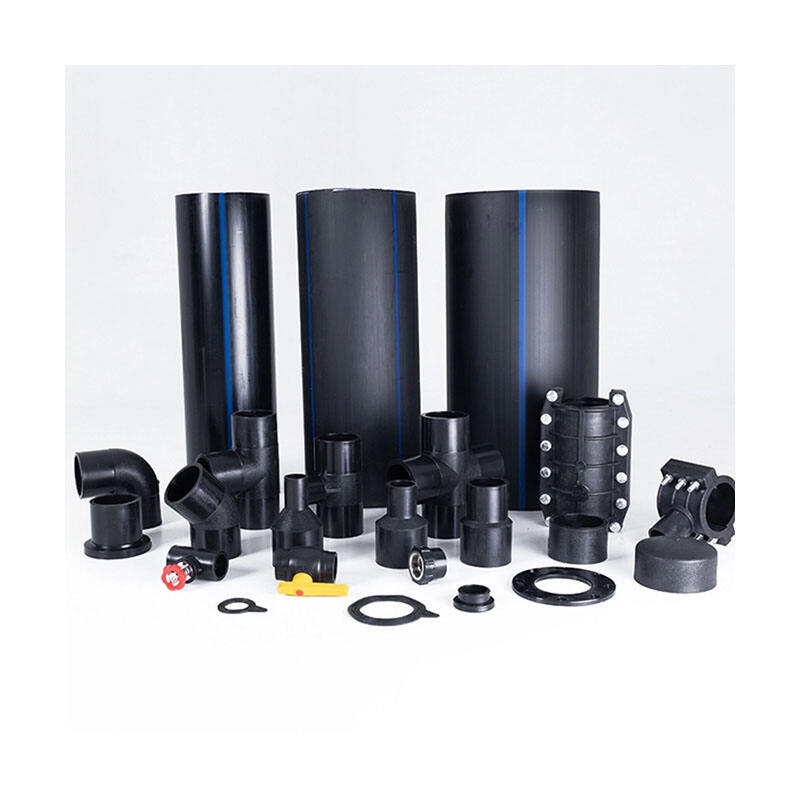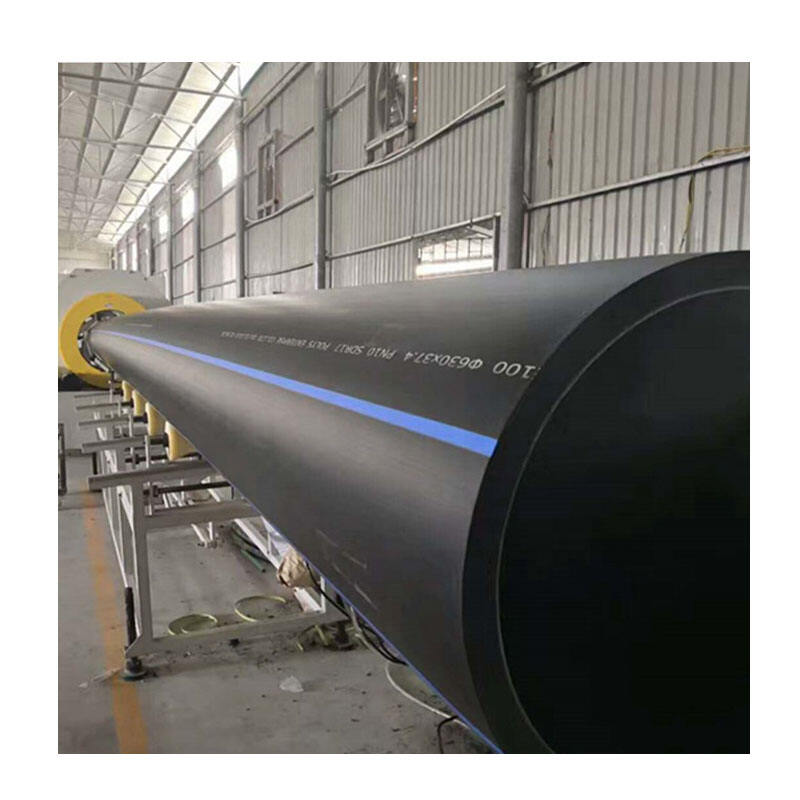hdpe pipe
HDPE pipe represents a revolutionary advancement in modern piping systems, offering unmatched performance across diverse industrial and residential applications. High-Density Polyethylene pipe technology delivers exceptional strength, flexibility, and longevity that surpasses traditional piping materials. The molecular structure of HDPE pipe creates a dense, crystalline formation that provides superior resistance to environmental stresses, chemical corrosion, and physical impacts. This innovative piping solution serves multiple critical functions including water distribution, gas transportation, sewage management, and industrial fluid handling. The technological features of HDPE pipe include fusion welding capabilities that create seamless, leak-proof joints stronger than the pipe itself. Advanced manufacturing processes ensure consistent wall thickness, precise dimensions, and optimal material properties throughout each HDPE pipe section. The smooth interior surface of HDPE pipe minimizes friction losses, maximizes flow efficiency, and prevents sediment accumulation. Temperature resistance allows HDPE pipe to maintain structural integrity across extreme climate conditions, from arctic installations to desert environments. The lightweight nature of HDPE pipe significantly reduces transportation costs, installation time, and labor requirements compared to metal alternatives. Chemical inertness ensures HDPE pipe maintains water quality without introducing metallic tastes, odors, or harmful substances. Applications span municipal water systems, agricultural irrigation, mining operations, landfill gas collection, and telecommunications conduit installations. The flexibility of HDPE pipe enables installation through challenging terrains, around obstacles, and in seismically active regions without compromising performance. Long-term durability studies demonstrate HDPE pipe service life exceeding 100 years under normal operating conditions. Environmental sustainability makes HDPE pipe an eco-friendly choice, as the material is completely recyclable and produces minimal carbon footprint during manufacturing. The versatility of HDPE pipe accommodates pressure ratings from low-pressure drainage to high-pressure industrial applications, making it suitable for virtually any piping requirement.


